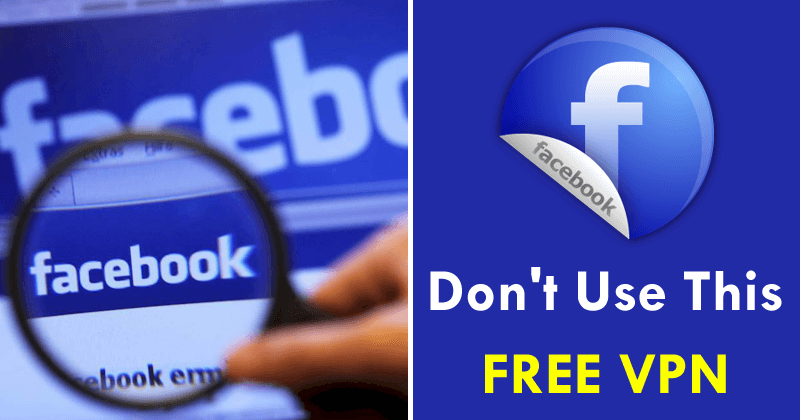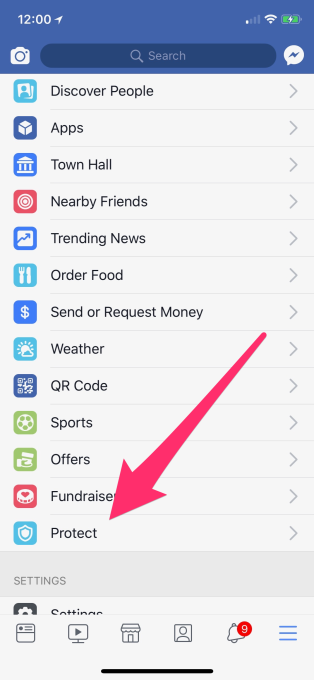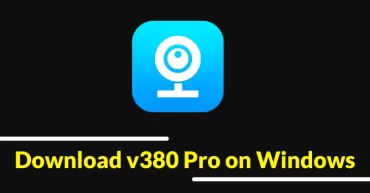
WARNING! Don’t Use This Free VPN That Facebook Is Promoting
Facebook is known for integrating its various products – allowing you to post Instagram stories straight into WhatsApp, for example. This time, the social network giant Facebook began using its own application to promote the Onavo Protect, VPN service purchased by the social network giant Facebook in 2013.
According to TechCrunch, the social network giant Facebook app for iOS has won a link called “Protect” which takes the user to the Onavo Protect page in the App Store.
Onavo promises to warn users about malicious websites, as well as keeping their information secure, such as bank account and credit card number. But maybe it’s better to use paid VPN service, so grab VPN deals offered and get special discounts.
The privacy policy of Onavo warns that the app “analyzes how you use applications” and “provides market analysis and other services for affiliates and third parties”. And as we speak here, Facebook used this VPN to collect data and confront competitors.
Mark Zuckerberg decided to increase his investment in Instagram Stories after seeing – through Onavo – that the Snapchat was no longer growing as much as it once was, according to the Wall Street Journal. The social network giant Facebook also bet on live broadcasts after the VPN detects the growth of platforms such as Meerkat and Periscope.
Onavo is installed on more than 33 million devices, including iOS and Android. The US is currently the largest user base of the application, followed by India.

Free VPNs are often problematic. Opera offers this service for free and unlimited in its browsers, but it has to pay for servers and traffic. Thus, their terms of service say that the data generated by the user, including the addresses you have visited, can be collected and disclosed to third parties.
In turn, Hola sells the users’ connection to provide the free service. Your connection is used by another customer, and your IP is “borrowed” if you do not pay the monthly fee for the Plus version.
If you want to use a VPN, take a look at alternatives like Private Internet Access or AnonVPN. If you want a free option, try ProtonVPN, which has several protections for users’ privacy – but avoid the Facebook service.
So, what do you think about this? Simply share all your thoughts and opinions in the comment section below.


